5456 aluminum is a marine-grade alloy that is of high strength. It is not prone to corrosion, not even in seawater. It will suit your needs when it comes to welded structures. This guide helps you dive into the chemical, mechanical, and physical properties of 5456 Al alloy—your go-to solution.
Understanding 5456 Al Grade
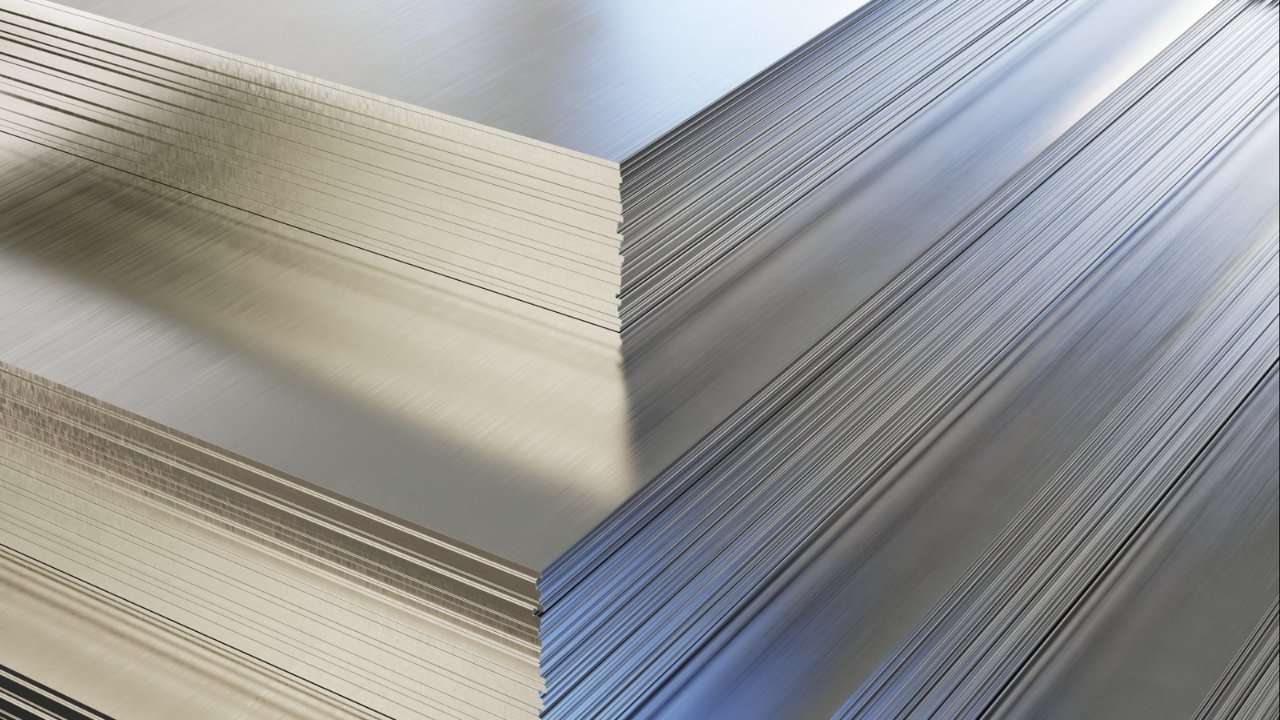
The 5456 aluminum has more magnesium than the majority of alloys that belong to the 5000 series. This is more powerful than 5083, and it is best suited for more challenging environments. Its chemical composition enables the alloy to be lightweight and also strong.
It performs in salt water and fumes. That is why the marine engineers and defense contractors are taken with it. Cold working of tempers such as H116 and H321 increases their hardness. It is in the form of sheets, plates, as well as bars, and can fit most fabrication requirements.
Formability is moderate, and careful handling is needed in machining. Shape with the coolant and appropriate equipment. In the case of welding, use 5356 or 5556 filler rods. These inhibit corrosion of joints and keep them tough.
-
Chemical Composition and Role of Each Element
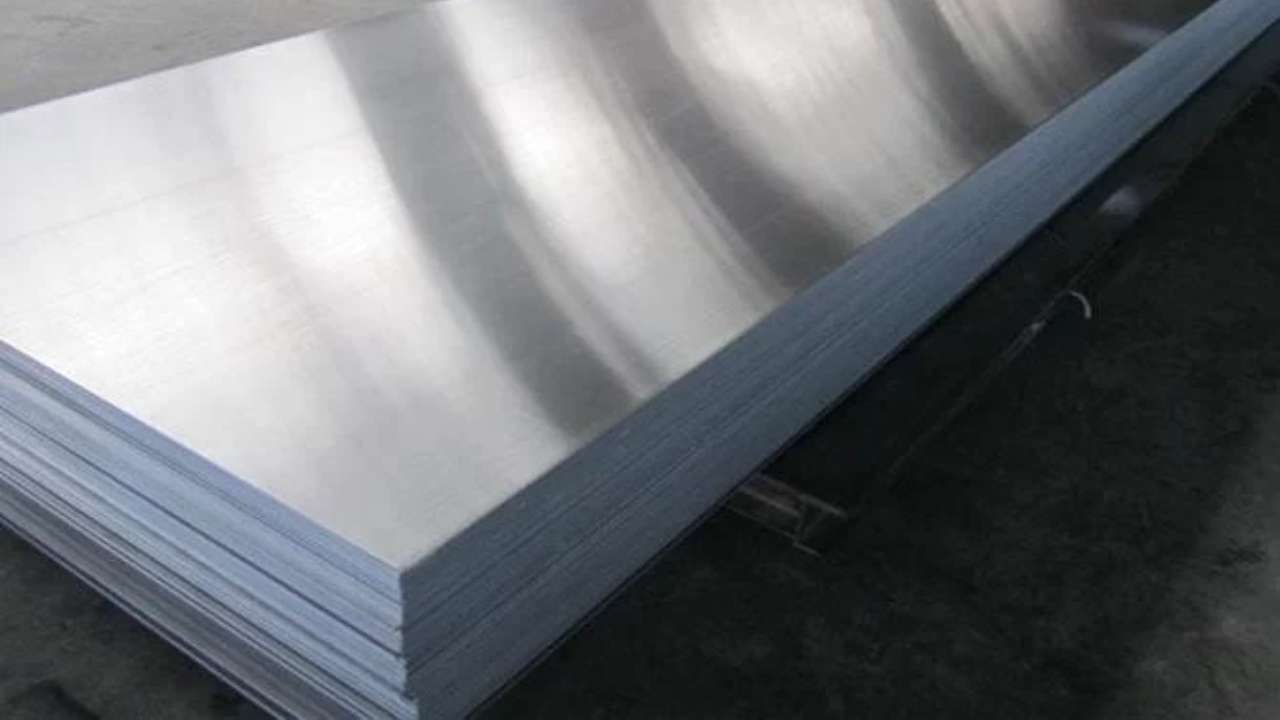
| Element | Weight Percentage (%) | Function in Alloy |
| Aluminum (Al) | Remainder | Base metal |
| Magnesium (Mg) | 4.7–5.5 | Increases strength, improves corrosion resistance |
| Manganese (Mn) | 0.5–1.0 | Grain refinement improves ductility |
| Chromium (Cr) | 0.05-0.20 | Enhances corrosion resistance, stabilises grain |
| Others (Fe, Cu, Si, Ti) | Trace | Enhances stability, controls microstructure |
Mechanical and Physical Properties of 5456 aluminum
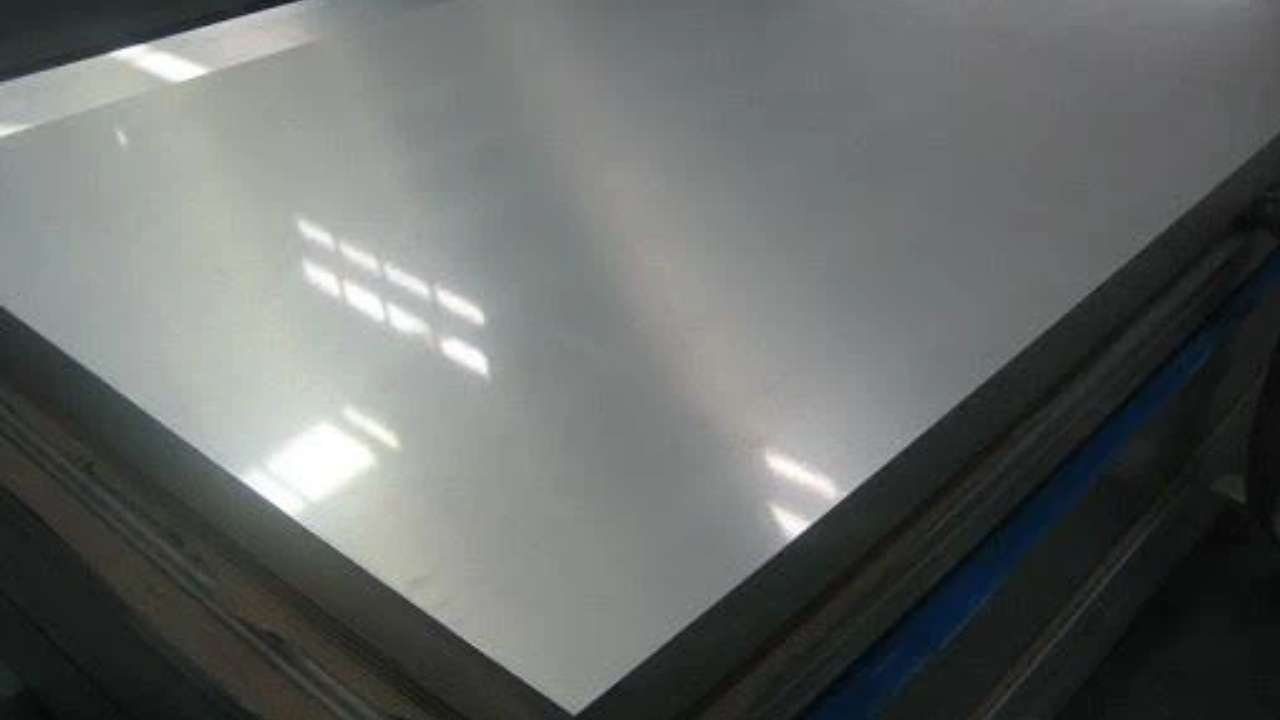
-
Mechanical Properties
| Properties | Tensile Strength | Yield Strength | Elongation | Hardness | Modulus of Elasticity |
| Attributes | 330–365 MPa | ≥ 250 MPa | ~10% | ~85 HB | ~70 GPa |
-
Tensile Strength
The capacity of 5456 is to support 365 MPa tension without a break. You may use it as the material for load‑bearing structures in the marine and military spheres.
-
Yield Strength
It gives more than 250 MPa yield. That provides you with long-lasting shapes under stress, with little deformation, which is ideal in structural safety.
-
Elongation
This alloy can stretch out to 10 per cent. It will be appropriate to shape or bend it, particularly during your fabrication process.
-
Hardness
It is hard and can withstand surface wear and abrasion with almost 85 HB. This increases its durability in tough outdoor or marine applications.
-
Modulus of Elasticity
Approximately 70 GPa indicates that the 5456 aluminum has a good bounce back. It is strong enough to be stiff but flexible enough to absorb shock in vehicle subframes.
-
Physical Properties
| Properties | Density | Melting Point | Thermal Conductivity | Electrical Conductivity | Thermal Expansion |
| Attributes | ~2.66 g/cm³ | ~580 °C | ~130 W/m·K | ~0.054 µΩ·m | ~25 × 10⁻⁶ /K |
-
Density
A lightweight material of approx. 2.66 g/cm³, you will cut weight on your marine or defense projects, without compromising strength.
-
Melting Point
The 5456 aluminum is melted at 580 °C. It is fairly handle moderate heat, a useful attribute where welded parts might otherwise warp.
-
Thermal Conductivity
The rate of heat dispersion is high at ~130W/m K. You will like it in heat sinks or enclosures.
-
Electrical Conductivity
The 5456 aluminum is moderate at~0.054 µΩ·m. Apply it in cases where little conductivity is required in structural uses.
-
Thermal Expansion
It also expands with heat at ~25 × 10⁻⁶/K. Put this into consideration when joining different materials.
Heat Treatment and Other Processing Techniques
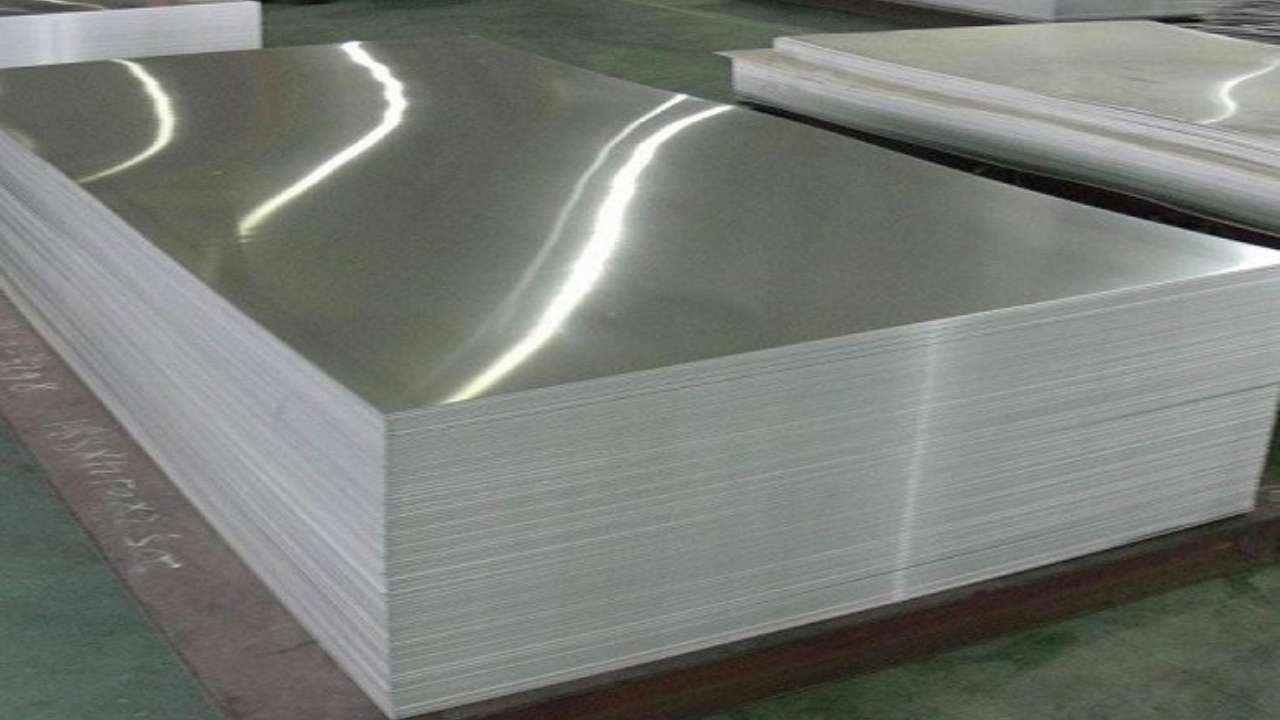
5456 aluminum is not hardened by heat treatment. You will use cold working and forming to make it stronger.
● Cold Working
You will need to have the best results in H116 or H321 tempers. Without the need for heat, they enhance hardness and strength and make your forming process more efficient.
● Hot Working
It ought to be forged between 400-480 °C. Heating thicker parts will allow you to prevent any cracking of metals, and when you are exerting pressure on the metal, you find metal easier to work with
● Welding
Fillers 5356 or 5556 should be used to weld. You will have strong, non-corrosive joints that hold up well in marine or structural environments.
● Machining
It is difficult to machine; therefore, sharp carbide tools should be used. Slow speeds and loads of coolant will assist you in performing smoother cuts and prolonging the lifetime of the tool.
● Forming
It is simple to form with the use of annealing. Softened metal will enable you to cut complex curves over which the material cannot be stressed or broken during bending or pressing.
● Superplastic Forming
Use this at high temperatures, particularly when you are working in aerospace. Superplastic forming allows you to create extremely detailed pieces that are both strong, lightweight, and accurate.
Applications
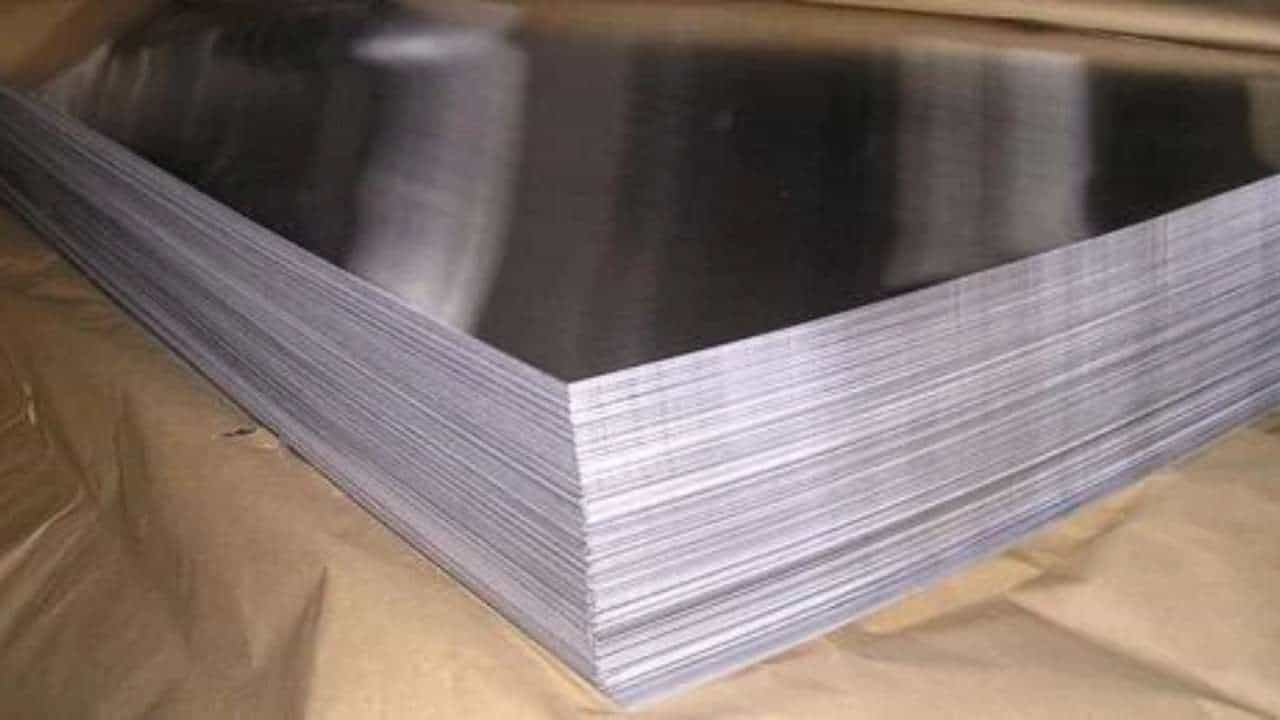
-
Naval Ships & Military Boats
Hull, decks, and gun mounts use the 5456 aluminum. It is seawater resistant and shock resistant.
-
Cryogenic Storage Tanks
The 5456 aluminum store LNG or liquid gases. It retains strength at low temperatures.
-
Defense Vehicles
Build tank decks or armored carriers. The 5456 aluminum is non-corrosive and has impact resistance.
-
Structural Platforms & Bridges
Use the 5456 aluminum to design coastal or industrial walkways. Has supporting capability and rust-proofing.
-
Pressure Vessels
The 5456 aluminum is used for tanks or pipelines that require strength but do not need heat treatment.
-
Transport Equipment
Very lightweight, but sturdy, ideal for truck flooring, trailers, or mining containers.
-
Chemical Plant Structures
You will find it ideal in severe environments. It is acid-resistant, vapor-resistant, and wear-resistant.
Conclusion
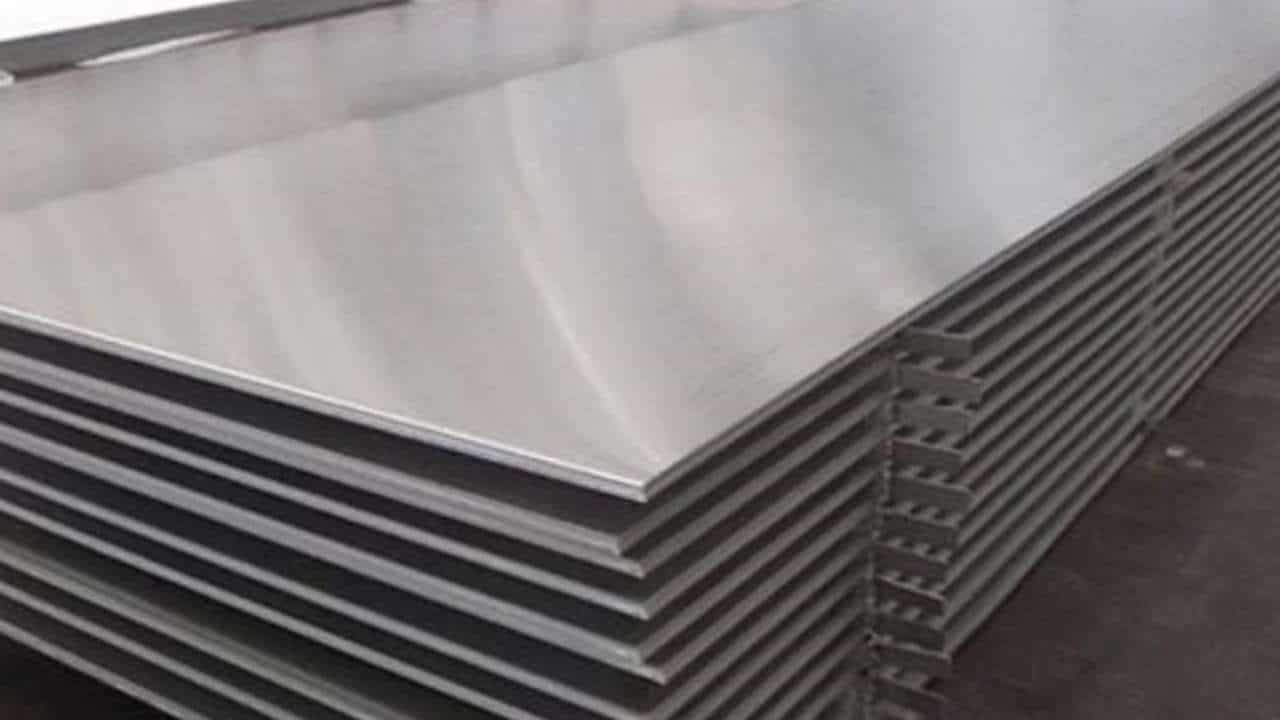
The marine-grade 5456 aluminum alloy is a hard material. It is perfect in severe conditions since it is strong, corrosion-resistant, and welded. The fact that there is no heat treatment required results in easier fabrication. Find aluminum solutions that are high strength at HMaking. Design with confidence and request your 5456 aluminum parts today!


